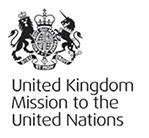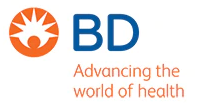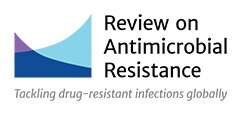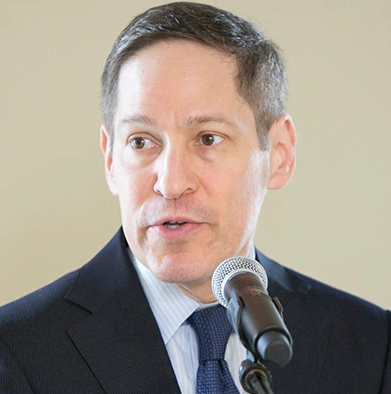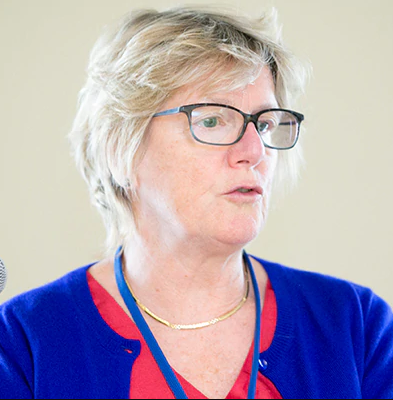BD leads a global effort, helping convene a group of Antimicrobial Resistance (AMR) experts.
Antimicrobials—drugs that kill infectious bacteria, viruses, parasites and fungi—are a mainstay of modern medicine. Their discovery has revolutionized healthcare. But limited development of new medicines, decades of outmoded use in humans and the application of these products in agriculture have driven increases in the number of microbes that are resistant to these life-saving drugs.
During the recent United Nations General Assembly in New York, world leaders signaled an unprecedented level of attention to curbing the spread of infections that are resistant to antimicrobial medicines by devoting a full day to a High Level Meeting on antimicrobial resistance (AMR). Speaking at the meeting, UN Secretary-General Ban Ki-moon said that AMR poses “a fundamental, long-term threat to human health, sustainable food production and development.”
On September 21, the same day as the UN High Level Meeting on AMR, BD co-hosted a breakfast event on AMR at the United Nations. Partners for this event included UNAIDS, the UN Special Envoy’s Office for the 2030 Goals and for Malaria, the UN Special Envoy’s Office for TB, the UK-based Review on Antimicrobial Resistance and the Mission of the United Kingdom to the United Nations. This event was organized by BD’s recently formed, cross-company AMR team working together with these partner organizations.
The UN event was opened by Gary Cohen, Executive Vice President and President, Global Health and Development, BD. Expert speakers and panelists at this event comprised a “who’s who” of AMR global experts. Speakers included, below from left to right, Professor Dame Sally Claire Davies, Chief Medical Officer, England; Lord Jim O’Neill, Chair of the AMR Review and U.K. Commercial Secretary to the Treasury; Dr. Thomas Frieden, Director, U.S. Centers for Disease Control and Prevention; and Mr. Yasuhisa Shiozaki, Ministry of Health, Labour and Welfare, Japan (not pictured).
In addition to these speakers, a distinguished panel of AMR experts was assembled and moderated by Renuka Gadde, Vice President of Global Health for BD. The panelists were Mr. Andrew Fish, Executive Director, AdvaMedDx; Dr. Rosanna Peeling, Professor and Chair of Diagnostics Research, London School of Hygiene and Tropical Medicine (LSHTM), Director of the International Diagnostics Centre (IDC); Dr. Ramanan Laxminarayn, Director and Senior Fellow, Center for Disease Dynamics, Economics and Policy; Dr. Dennis Dixon, Chief, Bacteriology and Mycology Branch, National Institute of Allergy and Infectious Diseases (NIH); and Dr. John Nkengasong, Principal Deputy Director (acting), Center for Global Health, U.S. Centers for Disease Control and Prevention (CDC).
BD is strategically positioned to play an active role in this global challenge, and can contribute in three specific areas:
- Infection prevention and control in the healthcare environment
- Diagnostic testing to support accurate diagnosis and effective treatment decisions
- Surveillance and reporting on resistance and appropriate use of antimicrobials
The recently published final report of the Review on Antimicrobial Resistance, chaired by Lord O’Neill, projects a massive increase in mortality across the world due to this public health threat, with up to 10 million people dying every year by 2050 if no actions are taken. This could be accompanied by a huge $100 trillion in lost global economic productivity between now and 2050. This is a major health risk affecting both the global south and north, and among the leading development challenges for the entire world.
The healthcare environment itself has become a source point for the spread of antimicrobial resistance. Improvements in clinical and laboratory practices, combined with effective deployment and use of medical technology, can help to ensure antimicrobials are utilized appropriately, reducing risk to patients and lowering costs associated with resistance.
The massive scope of this challenge will require the combined resources and efforts of both the public and private sectors if this growing drug resistance is to be halted and reversed.
BD’s Renuka Gadde stated, “AMR has no single solution and the challenges cannot be solved without multiple players working collectively on a common AMR agenda.”
Subscribe to receive BD blog alerts
